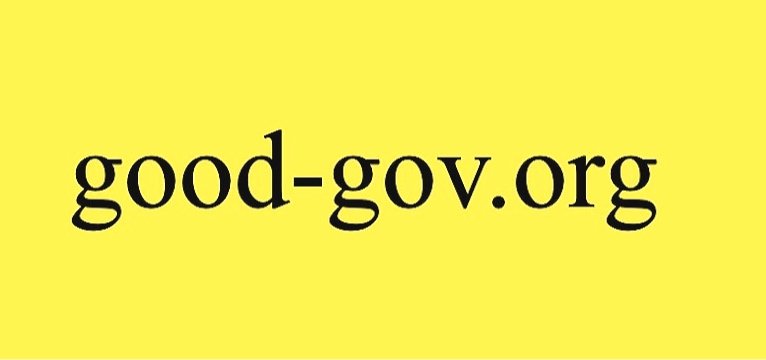Nashua’s overreach of the Right-To-Know Law
The City of Nashua hides behind the Right-To-Know law using a draft material and notes exemption to prevent the public from obtaining records. This is an abuse of power. This draft exemption issue is a timely topic as our US Supreme Court is hearing a case on the draft exemption and what constitutes draft material.
The City used this exemption to hide records KRT Appraisal returned to the city, required by the contract, after the 2018 new assessments were completed. This exemption prevented the public from verifying that there was contract compliance and allowed the city to ensure the public that the KRT assessment process worked wonders and everyone's assessment was fair. Concerns about the contract were raised at a state meeting attended by the public.
The Department of Revenue (DRA) took an interest with this contract and put in a Right-To-Know request to obtain a large cache of documents that were returned to the City to verify the work product. The City complied and quickly gave the DRA all the documents, the same documents that the Nashua legal office denied to citizens as draft material exempt from disclosure.
What seems crazy is that similar “draft” property cards with “notes” are in the property record files in the assessing office available for public inspection. For twenty years, the former Nashua Assessing Chief set up an audit trail so the public would be able to follow how changes are made to properties. A great system for public records open to inspection. The City is allowing the “draft” property cards the assessors produce to be public documents, while the “draft” cards returned by contractors are non-public.
It should be clear that this is an important challenge to win. The Nashua Legal office and the Mayor can lock up all contracted assessing documents returned to the City and treat this material as “draft” documents denying the public a review process. Residents will be left to trust that the City has verified the work and ensured the integrity of the process to create fair, transparent, and equitable assessments. Are you OK with this? You should not be.
